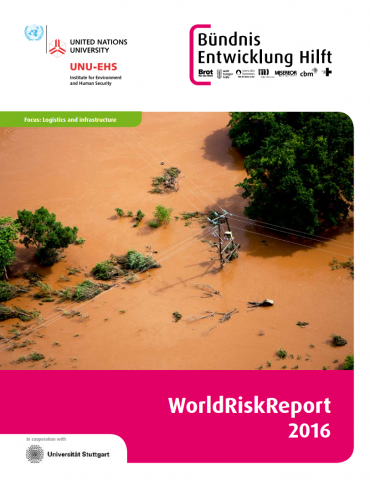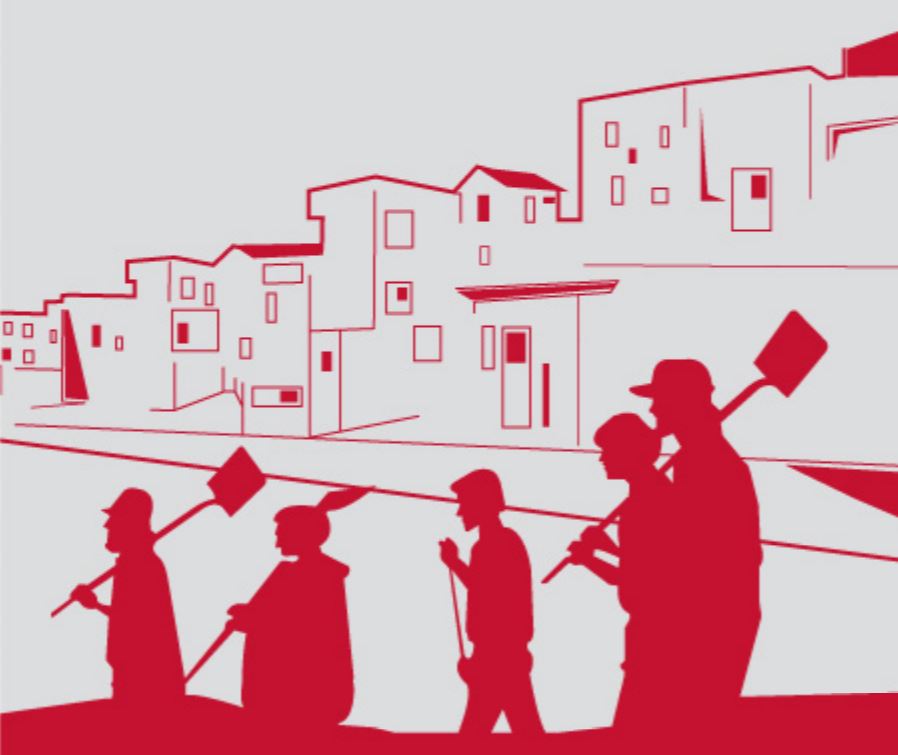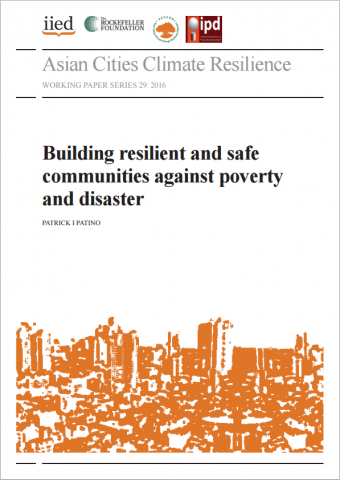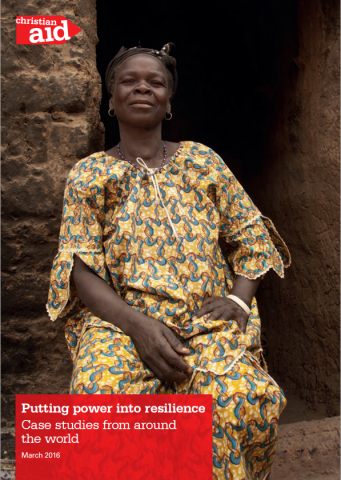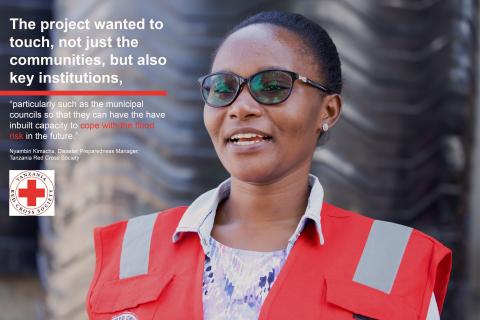World risk report 2016: The importance of infrastructure
The World Risk Report 2016 analyses the role that infrastructure plays in shaping a country’s disaster risk. The World Risk Index, calculated by the University of Stuttgart, is an integral part of the report as it ranks 171 countries according to their risk of becoming a victim of a disaster as a result of natural hazards […]
World risk report 2016: The importance of infrastructure Read More »

